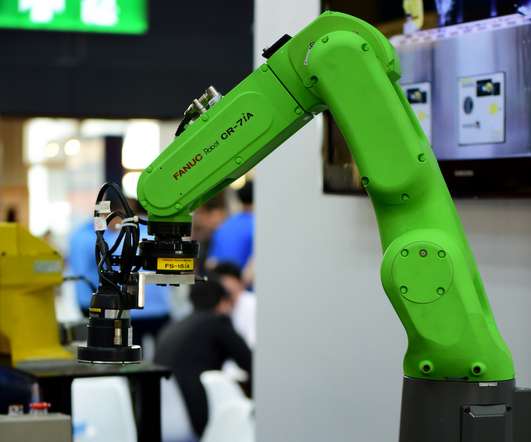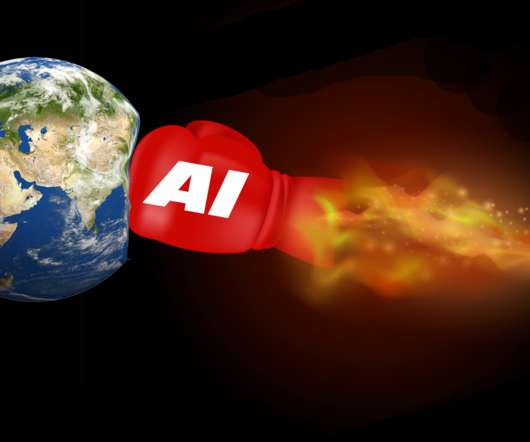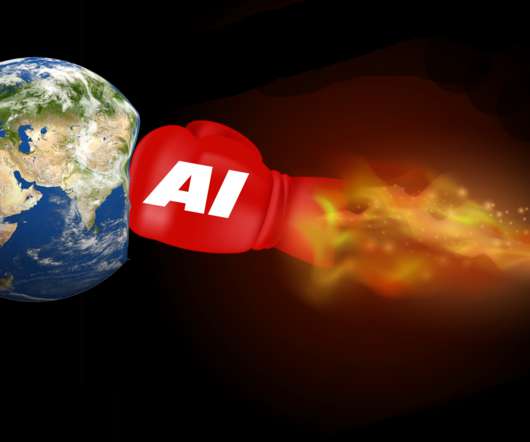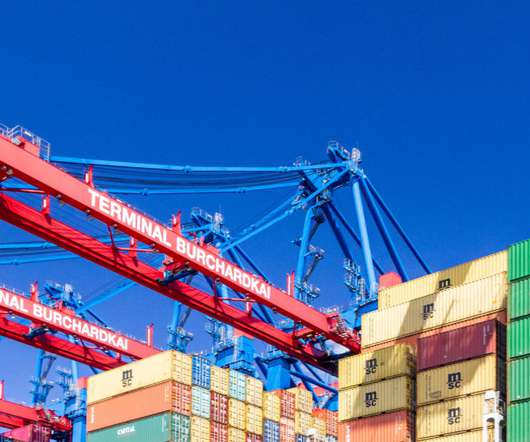What You Need To Know About The State Of The Retail Worker Shortage
ToolsGroup
OCTOBER 3, 2022
Source: Bloomberg.com. Forecasts by Korn Ferry cited that by 2030, more than 85 million jobs might go unfilled as there won’t be enough skilled people to fill them. Sourcing staff with the skills needed for a digitally-transformed economy also proves difficult–particularly when data analytics are essential to unlocking business growth.























Let's personalize your content